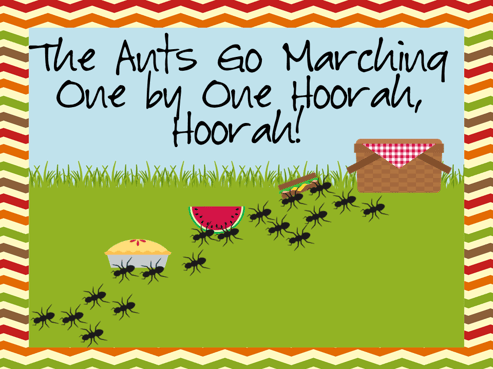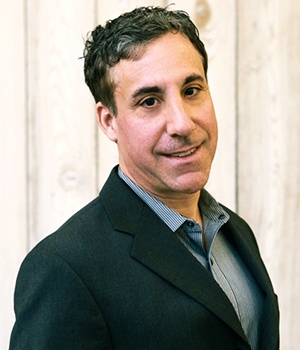
A funder community is a targeted composite of your donors that have follow similar donation path with many demographics, expectations, interests and motivations in common. As such, community personas are based on individual donor personas that similarly engage with your non-profit online. What makes this especially powerful is that funder communities enable you to target like-minded donor personas with closely knit social connections.
In the past, a fundraiser would cast their net as wide as targeted and wide as possible because they're trying to raise a specific amount of money in a very short time. A great fundraiser targets social communities to enlist, empower and retain long-term fund raising communities so they can cast a social net and maximize returns within their tightly knit persona based communities.
That's old school. Realistically, what do you think would benefit non-profit organizations more? Yes, you can more easily target specific donor personas, but those initiatives add up. Before long, your bandwidth will dry-up and your individual in-bound marking funnel will get bogged down in the weeds.
You don't want disparate donor leads clogging up your funnel, but rather an organized army of leads with highly social constituents, having strong connections in common, encouraging one-another while making a bee-line down your fundraising funnel singing "when the ants go marching on......" Sharing selfies of themselves singing and donating along the way.

The first mistake non-profits make is filtering their fiscal needs through a donor specific fundraising lens. The assumption that potential individual constituents with cash will throw money your way for a good cause if you just keep giving them opportunity, is not only delusional; it's highly ineffective. And if they do donate, it will most likely be in a vacuum.
Ever dream how the world's top financial institutional firms fundraiser online? It's called "Community Personas" and its tipping the funding scale in favor of those smart non-profit marketers who incorporate it into their social media and content marketing mix.
Get to know know your donors. They are the foundation for forming your fundraising communities for you to nurture into self-empowered fundraisers. The process of defining funder communities via social media gives you an opportunity to further understand your target audience. Studying and learning about your donors within a fundraising community will help you and your organization become more funder community focused.
For example, two donors that may have disparate donor profiles may fall into a similar funder community because of their close association on social media. The more people with a similar social circle that like, read and share your content will amplify your reach and return on investment. This approach can also be successful for recritung volnteers as well.
Not every funder community wants to interact with your non-profit in a similar format. Not every donor wants to fund your cause in the same format either. Defining funder community personas and nurturing them within their social communities provides the stepping stones for them to skillfully hop through each stage of the funder persona's journey; from the A) Awareness Stage (Your cause exists and these are the problems it solves) through the B) Consideration Stage (Understanding the how and why I should donate) and enable them to easily make the decision to fund to your cause, C )The Decision. Stage.
Now, since your foundation is fueled by community-based funder personas you can advance to the highly coveted D) Advocate Stage, where your funders leverage their social reach and share your content and calls-to-action amongst their fellow funders - The Halo Effect

We recommend creating a community persona worksheet matrix to define each community persona. Each column will be a community Persona Type (i.e. Community Persona A, Community Persona B, Community Persona C, or some identifying name that is meaningful to you) and each row will answer the Community donor Persona Questions to segment them into Qualified Community Personas.
This worksheet matrix will define the community personas specific to your non profit. Download the community persona worksheet below to segment your audiences and target specific fundraising strategies, tactics, and activities that align with each of your community personas to elevate your fundraising efforts and ROI.

Joe DiGiovanni, a purpose-driven entrepreneur with a background in behavioral science and marketing technology, co-founded Tapp Network, driving digital transformation for government agencies, Fortune 100 brands, and communities seeking to scale social impact through innovation.